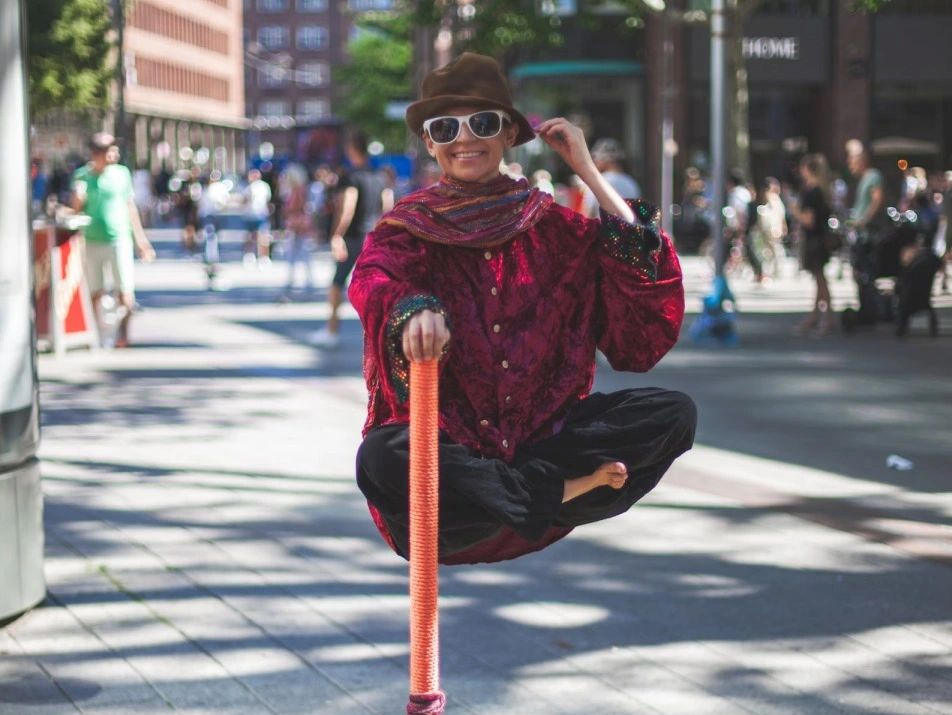The things people do to look good on LinkedIn
You can pay to embellish your online presence.

Do you cheat, pay, or try other tricks to make yourself look better on LinkedIn?
This Friday it's time to go Unfiltered on a topic that's surely flittered through our minds as we use social media.
Is there a way to embellish our post or profile?
Online popularity contest
Did you know: You can buy literally anything on social media? Even on LinkedIn, a professional platform for networking.
You can pay for more:
- Likes.
- Comments.
- New followers.
- Bots to write comments for you.
Not everything cost money though. You could get friends to like your posts, in return for liking theirs - even if you think their content sucks.
Sales, leads and branding
But wait, why spend money or time on something as superficial as social media metrics?
That depends. Some have LinkedIn services to sell you, others hope to build their brand for a new role or to generate leads.
Recently, during a chat with friends, I learned how work has grown so routine for some that they have gone online to seek validation as a fresh challenge.
So is it real?
I used to be rather bothered by this, but I’ve since come around. These days I simply ignore them.
For what it’s worth, there's a relatively simple way to tell if someone is artificially beefing their metrics.
- Browse a few dozen of their posts and look at how each perform. Profiles with extremely consistent metrics are less likely to be organic.
- Or review the profiles that engage within the first hour. Are they always the same group? Or are they users who never share anything?
And oh, some like Daniel Hall has written software to study pods. He’s amassed a database with tens of thousands of users who cheat - with proof.
The human condition
I don't like the gaming of metrics on LinkedIn, but I've come to accept that social media platforms are in reality a microcosm of real life.
Just like some would spend money on physical items or assets to impress, there are those who seek to do the same online.
Or as Matthew Koh said so succinctly when we met earlier this week, the problem isn’t social media - but the human condition.




